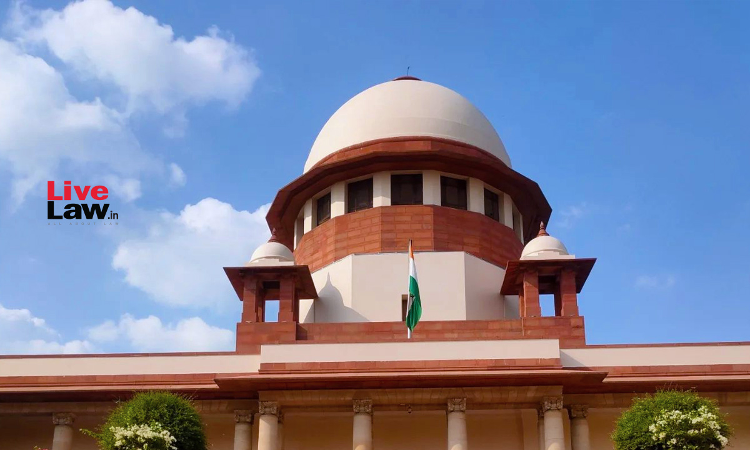CBI Manual On Seizure Of Electronic Devices Needs To Be Updated, Says Supreme Court
Sohini Chowdhury
5 Dec 2022 8:37 PM IST

Next Story
5 Dec 2022 8:37 PM IST
In a plea, inter alia, seeking guidelines for the seizure of personal electronic devices by investigating agencies, the Supreme Court, on Monday, indicated that the CBI Manual needs to be updated.During the course of the hearing of a plea seeking directions on police and investigative agencies, working under the control of Central and State Governments for specifying guidelines with regards...
